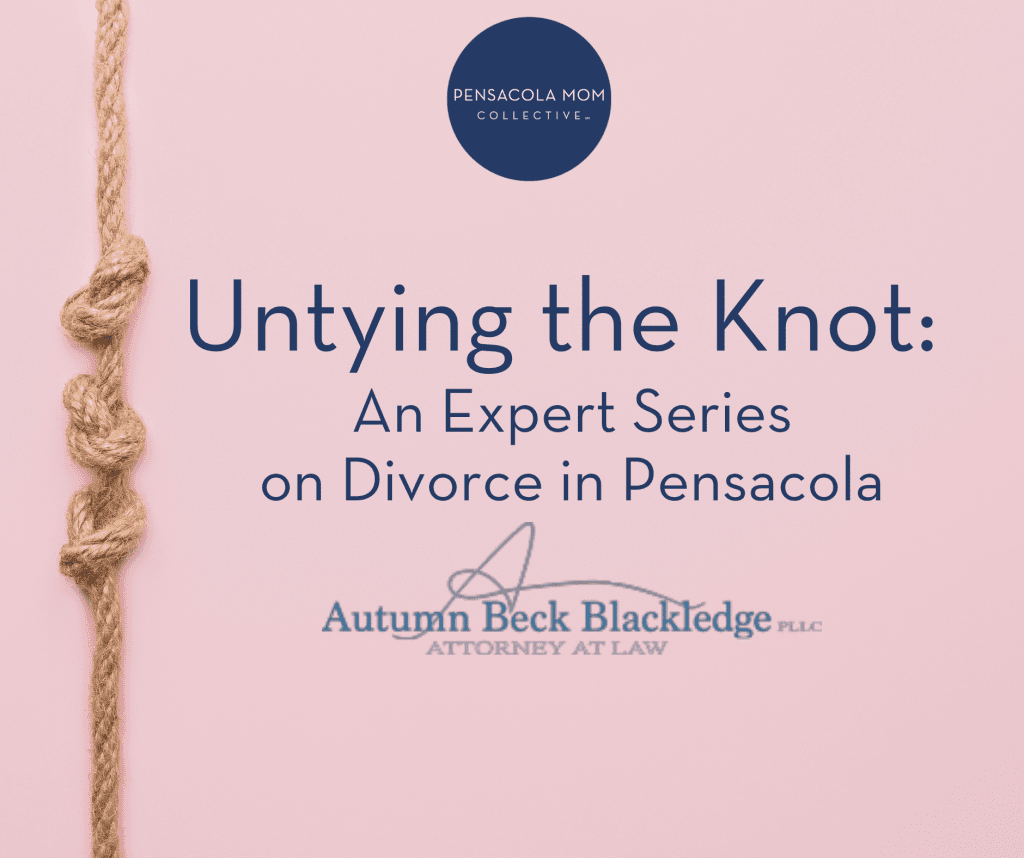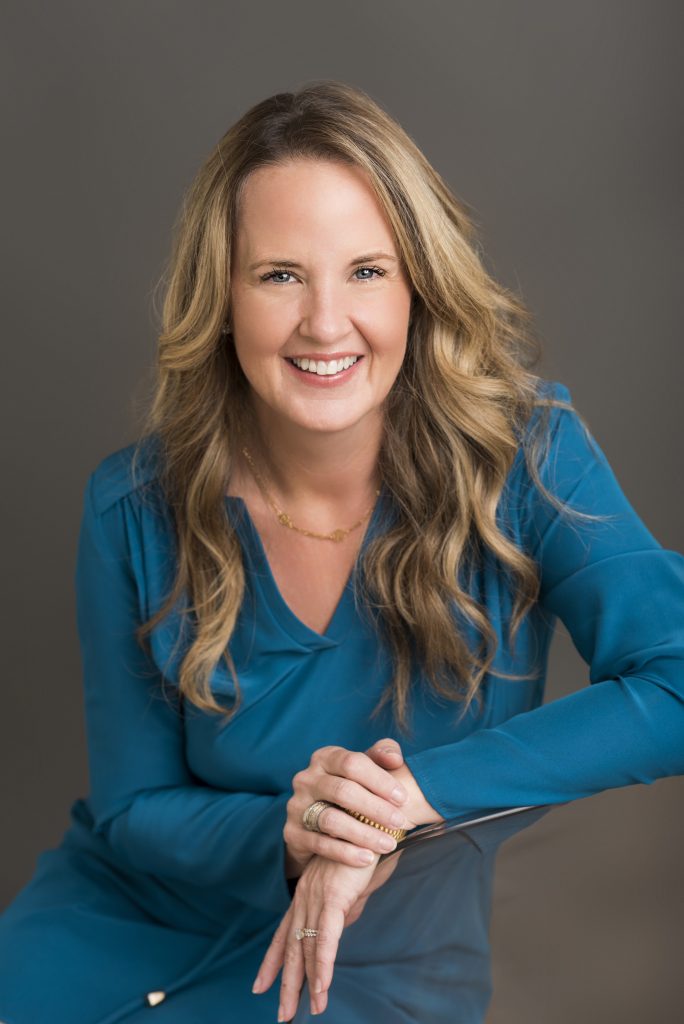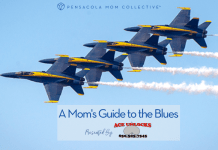
Before talking about a final hearing, it’s always important to remind you that settlement negotiations can happen anytime before, during, or even right after a final hearing if the judge hasn’t ruled. So, if your lawyer asks you to consider settlement offers just moments before a final hearing, don’t hesitate to mitigate your exposure even at the final hour.
That being said, here’s what a final hearing entails.
In our area, Family Law trials are now usually conducted via Zoom or in “Chambers.” Chambers are essentially the meeting room section of the Judge’s office. On occasion, a family law hearing is held in a Courtroom. They can be as short as two hours or as long as weeks depending on the complexity of the case.
Opening Statement
Typically, a judge starts by identifying parties and witnesses and handling any preliminary issues, stipulations, or other housekeeping issues. After preliminary issues are addressed, the Petitioner, the party that filed the divorce, would begin their case. The Petitioner’s attorney would give an opening statement.
My trial professor in law school often reminded us that in trial, just like public speaking, you gotta tell them what you are gonna tell them, tell them, and then tell them what you told them.
The opening statement is when you tell them what you are gonna tell them. It is a roadmap for what the attorney expects the case to prove through the testimony from witnesses and the evidence that will be presented. After the initial opening statement, the Respondent’s attorney gets to present their opening statement. Opening statements are not meant to have a lot of argumentative language, but it is the chance to outline the story of the case and start to gently persuade the Judge to see the facts the way you do.
Witnesses
After opening statements are complete, the petitioner will start with calling witnesses. The order that witnesses are called is usually based on the lawyer’s strategy, but it could also be based on the schedules of third-party witnesses.
Witnesses could be character witnesses, direct witnesses to violence or other particular events that occurred during the marriage, or experts of many kinds.
There would be financial experts, accountants, or appraisers for financial issues. There could also be witnesses regarding the child issues, such as parenting coordinators, counselors, or even teachers.
When a witness is called by the attorney, the attorney does direct examination. After each witness is questioned, the opposing attorney will have a chance to do cross examination. It’s important to remember that the other attorney can ask leading questions during cross examination and make a witness feel very defensive.
In law school, we are taught that cross examination is the time for the lawyer to shine, and answers from the witnesses are typical yes and no questions. This is when the old adage “never ask a question you don’t know the answer to” is essential for lawyers. This is not time for a fishing expedition; your lawyer will only want to ask necessary questions to elicit the precise testimony that will help the judge see your case the same way you do.
Do not be offended by the attorney’s tone, as it is their job to second-guess everything you’re saying, but you need to ensure that your answers are clear and direct.
If you feel boxed in by the questions, your attorney will have a chance to redirect examine after cross examination is complete. This can help you or other witnesses explain things that may not have been clear on your cross examination or help you clarify your answers when you had to answer yes and no, but the answer really needed more explanation.
During the testimony of the witnesses, evidence such as documents, text messages, emails, and other items are entered into the court file so that the Judge can review them. This back and forth goes on until all witnesses, and the parties are called to testify. When this process is complete, there will be closing arguments.
Closing Arguments
Closing arguments are where the facts of the case are summarized in a very compelling way to make the final push to a judge that they should rule in your favor.
Most judges already have a clear understanding of the facts and law, but a closing argument can help persuade a judge when the facts may be close. It is also the time to correlate the facts of your case to the case law in existence. Legal arguments, as well as factual arguments, are presented.
The petitioner goes first, the respondent next, and then the petitioner has a short amount of time for a rebuttal argument. Think of it as the home-field advantage in a baseball game; the home team gets to bat last, and the petitioner is the last to give argument.
We have some judges in our circuit that like to ask questions of the attorneys after arguments are over (I love it when this happens). This is not only a great indicator of what your judges are thinking and still questioning, but it’s an opportunity for your lawyer to really show how much they understand the relevant law as it may apply to your facts.
The Ruling
After all this, it is time for a ruling. Sometimes Judges do this right away, which I always prefer. Other times they may wait and issue a written ruling or even set a time to issue the oral ruling in another hearing. Waiting for your final hearing can be hell and can feel like an eternity. Once you get a ruling, a written order will be prepared either by one of the attorneys or the Judge. It will be signed, and your case is over. Well, at least most of the time…more about that next time.
As you prepare for the final hearing, remember to be well prepared by reading everything that has been filed in your case, act professionally, dress neatly, and try not to be overly emotional.
The most important thing you need to know at this stage in the game is to trust your lawyer and be confident about your position.
You’ve got this!

Autumn Beck Blackledge has been practicing law for over 20 years and started her own firm in 2014, practicing exclusively in Marital and Family law. She is a Pensacola native and graduate of Tate High School and Florida State University, and FSU College of Law.









